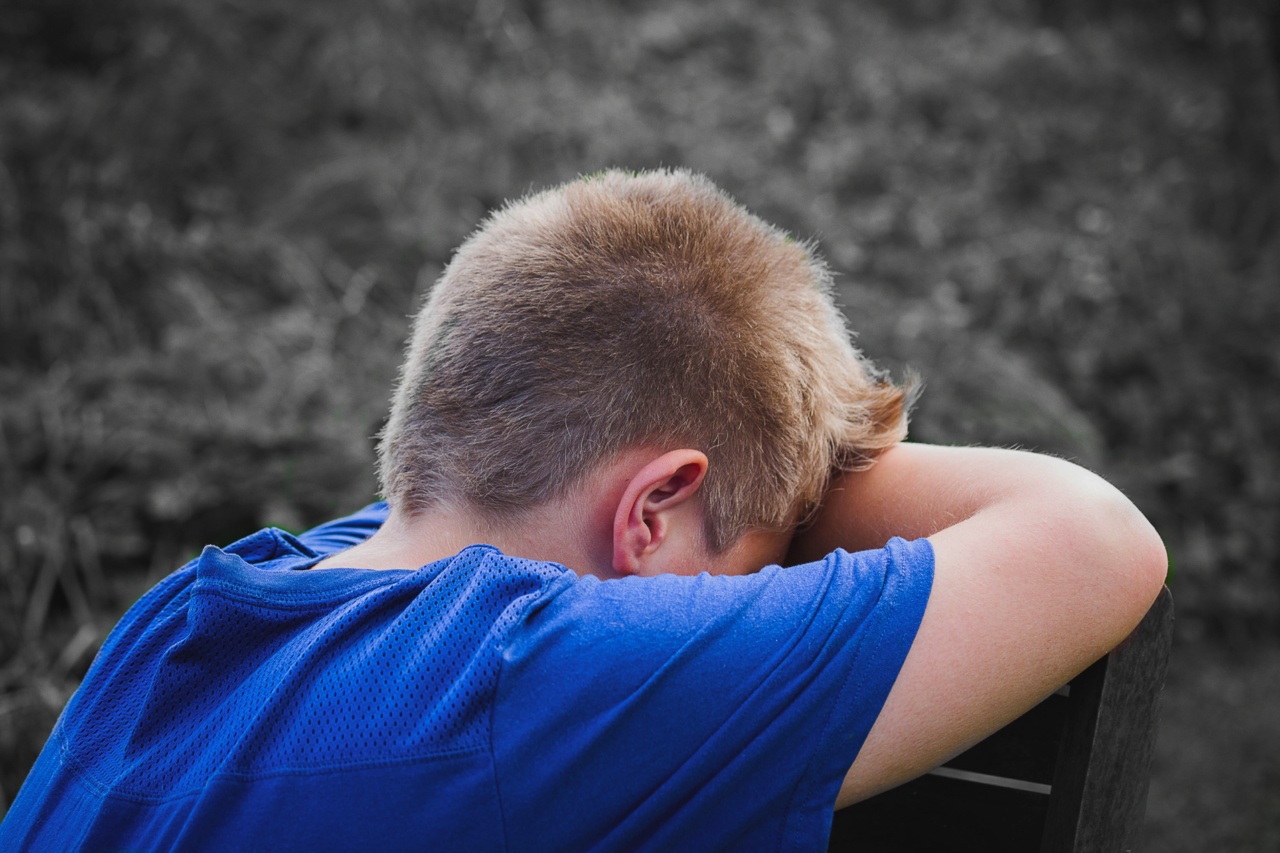In today’s fast-paced world, it is becoming increasingly common for individuals to experience feelings of loneliness.
Whether it stems from the pressures of work, the breakdown of relationships, or simply the lack of social connections, loneliness can have a profound effect on a person’s mental and emotional well-being. What is even more alarming is the connection between feeling lonely and the desire to die.
The Loneliness Epidemic
Loneliness has been described as an epidemic of the modern age. Despite living in a highly connected world, research suggests that individuals are feeling more isolated than ever before.
The rise of social media, while designed to foster connection, often leads to a superficial sense of belonging. This lack of meaningful interaction can contribute to feelings of loneliness and despair.
The Impact on Mental Health
Feelings of loneliness can have a detrimental effect on an individual’s mental health. Research has shown that loneliness is associated with an increased risk of developing mental health issues such as depression and anxiety.
The lack of social support and meaningful connections can exacerbate existing mental health conditions and even lead to thoughts of self-harm or suicide.
The Desire to Die: Loneliness as a Risk Factor
Studies have consistently identified loneliness as a significant risk factor for suicidal ideation and self-harm. When individuals feel socially isolated and disconnected, they may experience a profound sense of hopelessness and despair.
Without a support network to turn to, the desire to die can become a distressing reality for many.
Identifying the Warning Signs
Recognizing the warning signs of loneliness and the desire to die is crucial in order to provide necessary support.
Some common signs may include:
- Social withdrawal and isolation
- Expressions of hopelessness and worthlessness
- Increased substance abuse
- Changes in sleep patterns
- Loss of interest in previously enjoyed activities
- Sudden changes in mood or behavior
If you notice these signs in yourself or someone you know, it is important to seek help and support immediately.
The Role of Social Connection
One of the most effective ways to combat loneliness and the desire to die is through fostering social connection. Building and maintaining meaningful relationships can provide individuals with a sense of belonging and purpose.
Whether it be through joining social groups, attending therapy sessions, or reaching out to friends and family, nurturing social connections is essential for mental well-being.
Seeking Professional Help
If feelings of loneliness and the desire to die persist, it is crucial to seek professional help. Mental health professionals are trained to provide the support and guidance necessary for individuals experiencing suicidal thoughts.
They can provide appropriate interventions, such as therapy or medication, and help individuals develop coping mechanisms to navigate through their emotions.
The Importance of Suicide Prevention
Recognizing the connection between loneliness and the desire to die highlights the importance of suicide prevention efforts. It is crucial to break the stigma surrounding mental health and ensure that individuals have access to the help they need.
Implementing comprehensive mental health support systems, raising awareness, and promoting open discussions are all vital in preventing tragic outcomes.
Conclusion
Feeling lonely is a universal experience, but it should never be taken lightly. The connection between loneliness and the desire to die underscores the importance of addressing social isolation and providing appropriate support.
By fostering meaningful connections, seeking professional help, and prioritizing suicide prevention efforts, we can create a world where no one has to face their loneliness alone.






























